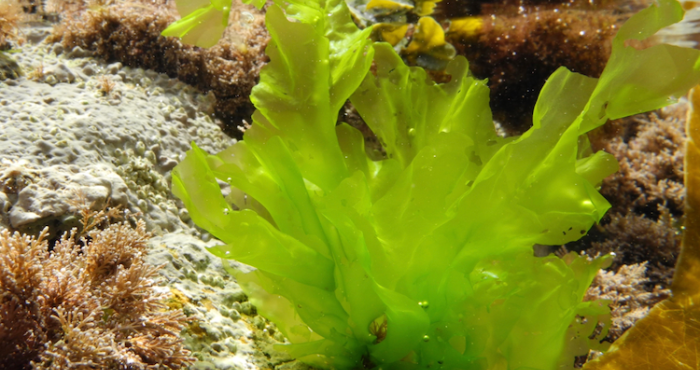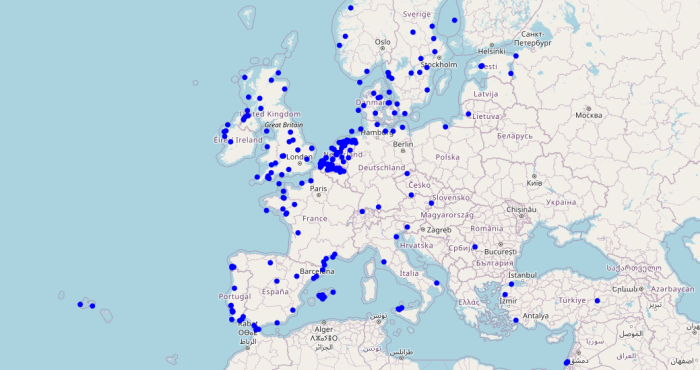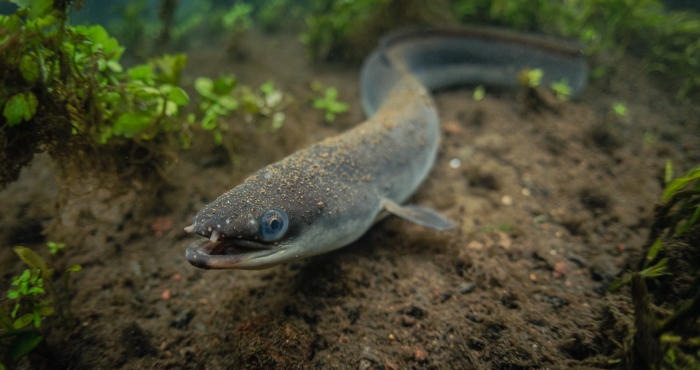Ocean Census' search for 100,000 new species will boost WoRMS
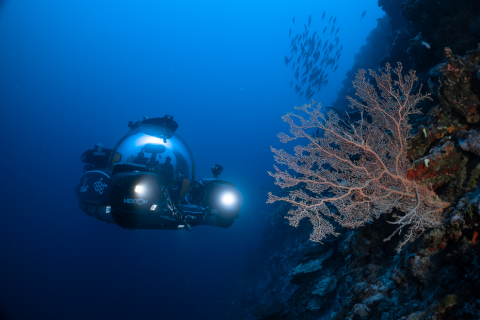
The Ocean Census aims to find 100,000 new marine species worldwide over the next 10 years. The project is estimated to cost $1 billion and is funded by the Nippon Foundation and Nekton, philanthropic foundations from Japan and the UK, respectively. Started in 2023, the Ocean Census aims to spend 10 years with an international consortium of marine scientists skimming the ocean around the world to discover new species - from large to small.
Marine biologists estimate that there are potentially 1-2 million marine organisms living in the global ocean. Meanwhile, around 246,500 species have been described (see WoRMS). So, there is still a lot to discover! However, adding 100,000 additional species will not be easy. The ocean is very inhospitable for large parts. And it is precisely in these zones that scientists expect to discover most of the new species.
Once a new species is found, it also takes some time to describe, document and name it. LifeWatch VLIZ colleague Leen Vandepitte: ‘Every discovery has to be precisely documented, compared and indexed. That is a very time-consuming process. There are worldwide far too few taxonomists active to get all these new species processed smoothly.’ Last year, French scientist Philippe Bouchet calculated that it takes an average of 13.5 years for a newly discovered organism to make it into the WoRMS catalogue.
Fortunately for the Ocean Census, we are 20 years on and technology has not stood still. Now they have robots, powerful underwater cameras, and 3D laser scanners that scientists could only dream of in 2000. Also, genetic techniques are now established and made more affordable to map and compare the DNA of organisms. And don't forget the developments in Artificial Intelligence, which helps get all the images and data processed much faster.
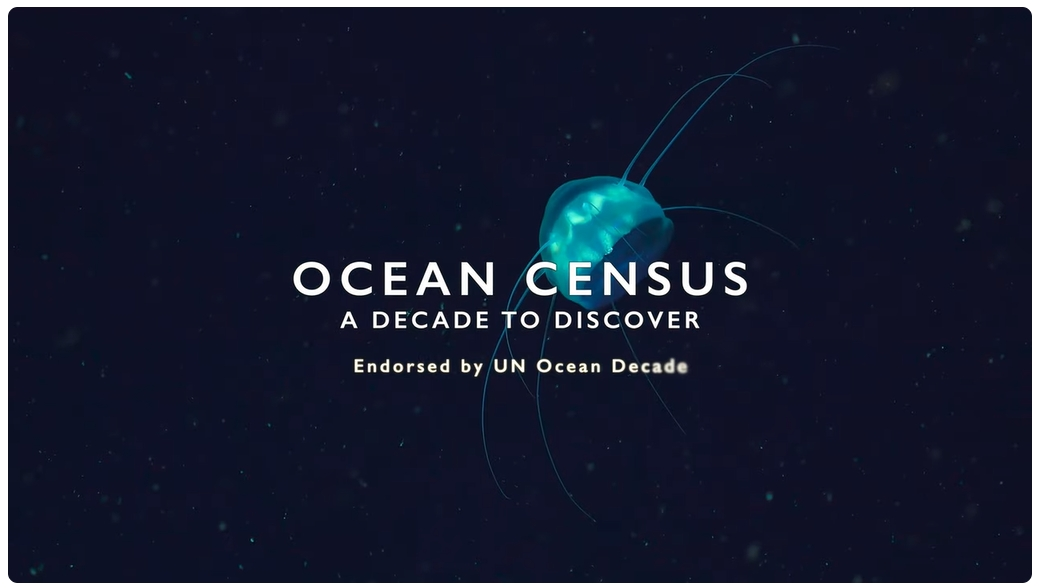
Link to the World Register of Marine Species
It has been agreed that the new species discovered by the Ocean Census – once they have been officially described - will go into the World Register of Marine Species (WoRMS). This unique encyclopedia currently numbers some 250,000 marine species. Leen Vandepitte of the Flanders Marine Institute (VLIZ) coordinates this LifeWatch Belgium project, in which some 330 taxonomists worldwide are voluntarily collaborating. Leen Vandepitte: ‘We started WoRMS in 2007 with 120,000 marine species on our list. Now 17 years later, we are well over double that. And about 2,000 newly discovered species are added to our list every year.’
The newspaper ‘De Tijd’ on 3 August covered the Ocean Census and its link to WoRMS in a fine journalistic piece. In it, Vandepitte concludes, ‘There is still so much to discover. Money for additional species discoveries and taxonomic research is welcome. Especially, given the ocean's immense potential for research and innovation, and its crucial role in climate. A better understanding of which ecosystem is behind it should bring new insights. If you don't know what species you are talking about, how can you decide what to protect or not? Or what policies to adopt around fisheries? What we should do around ecology? What is possible at the biomedical and industrial level?’
Leen Vandepitte has a team of six part-time staff at the InnovOcean Campus in Ostend who provide the necessary technical and content support, mainly through support from the Research Foundation Flanders (FWO) and the Department of Economy, Science and Innovation (EWI), as part of LifeWatch Flanders. Meanwhile, the whole world is finding its way to the register in Ostend. In 2023, the website had 2.5 million unique visitors. Since its creation in 2007, the list has been cited 9,000 times in scientific publications.
Read the article in De Tijd (Dutch).
Read more about the Ocean Census.
Visit the World Register of Marine Species (WoRMS).

